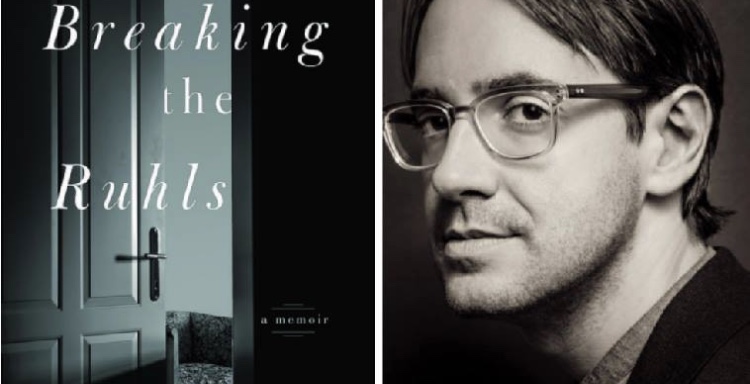At first, writing my story did not feel cathartic. I struggled to feel safe enough and grounded enough to say all I needed to. Even in my own home. When I set time aside to dive in, I paced, ate, cleaned out a closet, and looked at my phone -- anything to avoid the inevitable daunting task of writing out what I knew I needed to say.
In January of 2015, I decided to go away for a few days, to a safe place where I could write without interruption. I grew frustrated as I searched for retreat spaces, not finding the right fit. I shifted my focus.
I had heard about the monks of New Skete, a small monastic community of Orthodox monks and nuns in New York’s Taconic Mountains. After brief correspondence with Brother Gregory, I decided it was worth the visit. While I myself do not subscribe to any one religion, I held onto fond memories of going to church as a kid: the serene experience drew me in. I felt pulled once again to the music and silent contemplation, and I was curious to learn a new daily structure from these men.
These monks are known for breeding and training German Shepherds as a way to support their community. In terms of their spiritual life, they follow the structure of matins, vespers, and Divine Liturgy. They did not require that I worship with them, but made it clear as an option.
With some trepidation, I made the two and a half hour drive north.
The brothers were warm and welcoming. Some were more gregarious than others, and seemed excited to have a fresh face at their dinner table. Even the more reserved and soft-spoken monks still made it clear that I was welcome.
Over dinner on my first night, they asked me questions. What was I doing there, was I religious, what did I hope to accomplish during my stay, and did I have a family.
I felt my face burn as I confided in them that I am gay and married to a man. I spoke of having been sexually abused by my father and that I was there to write, as I attempted to make some sense and find some peace with my past. I also told them that I am an alcoholic in recovery.
Not only did they show me a great deal of compassion and empathy, but they also shared enough about themselves to let me know I was safe, and understood.
Feeling safe has never come easily for me, but I took a risk and trusted them.
I had not anticipated I would fall so easily into their daily routine. I rose at dawn each day to attend Matins, and spent the time before lunch helping them with whatever tasks needed to be addressed. I could not hide my enthusiasm when I was asked to help feed the newest litter of puppies, and to play in the snow with their regal mother.
The afternoons, after lunch, were mine, and I spent those daily three hours writing ferociously. I was amazed at how much I wrote. The stories of my mother, my childhood, the history of perpetration, my sexuality, and my addiction poured out of me unapologetically. When the tears came, I let them happen without embarrassment. When my hands shook from fear or disgust or rage, I knew I was safe to really feel each emotion.
And after each day of writing, I attended evening Vespers to quiet my mind and release the remnants of what I’d told through my writing that day. By nightfall I was exhausted and slept soundly without interruption.
At the end of my four-day stay, I had written about thirty thousand words.
That this would become the foundation for Breaking The Ruhls seemed impossible, but I could not ignore the feeling of relief the writing had brought.
I knew then, I needed to continue.






